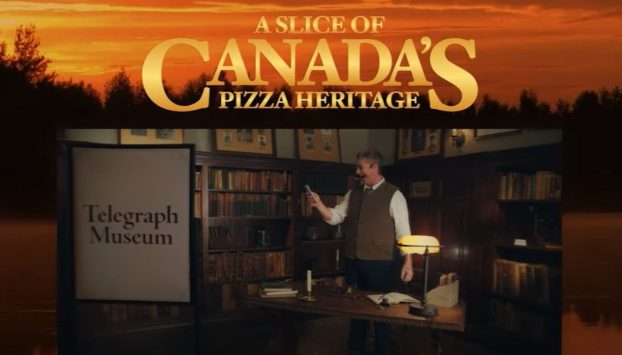The expression ‘the information superhighway’ has been bandied about so frequently since u.s. vice-president Al Gore first coined the phrase, it’s a surprise there are so few jokes about it.
Probably most people are still at the stage where they are so overwhelmed by the mere thought of it – that is, those who can even get so far as to grasp the concept – that the information superhighway has managed to elude any kind of critical perspective.
Scott McDonald, director of research for the Time Warner Interactive Group and a fan of the highway, got it right at the recent Canadian Media Directors’ conference when he described the highway’s more vocal enthusiasts as Pollyana-ish, all cheering for more choice, more options. And McDonald says that at the opposite end of the spectrum there are the highway’s naysayers, who call it sinister, Orwellian.
Of course, the highway is not a plan to turn citizens into obedient, housebound ciphers eager to buy at the click of a button. But nor is it an electronic road to Oz. And those tempted to view it as such are advised to think again because there are still many issues to be thrashed out.
Among the many bumps yet to surface on the roadway for marketers are potentially dangerous new aspects of the always complex, sometimes emotional matter of privacy. Have any of the various interested parties – the Canadian Direct Marketing Association, the Canadian Media Directors’ Council, for example – begun formulating plans to thwart any unwanted government intrusion?
Is the public ready now, or ever, for that matter, to embrace the highway with the alacrity some of its enthusiasts hope it will? It is hard to imagine human beings turning into mole-like creatures, shopping for their everyday needs, or getting all their entertainment requirements from a box in their living rooms.
Who will control the highway? Advertisers? Consumers? The signals carriers? The crtc?
And what of alienation? Many Canadians are already ticked off because in the world of cable tv they cannot choose the package they want. Some years hence, will it be a case of cable operators obliging its customers to pay for highway services whether they want them?
Will cultural sovereignty become an issue? The crtc, quite properly, demands that broadcasters adhere to certain levels of Canadian content. Clearly, Canadians will do their on-line banking with Canadian banks; pay their phone bills to Canadian companies; order pizza from Canadian pizza parlors, and so on. But will they be offered on-line information from enough Canadian sources that a Canadian perspective will thrive? Or will the Americans, because of height and heft, dominate?
What of cost? How much will consumers pay? How much will they have to pay? One of the best ways for a consumer to size up whether he or she needs a particular item is to stick a price tag on it. So far, cost has been added almost as an afterthought.
A lot of high-tech spadework is going on right now and the road is taking shape, but the final picture of how the superhighway will look is anything but concrete.























